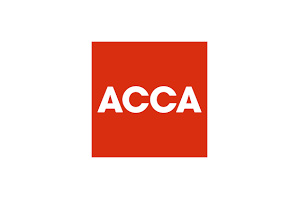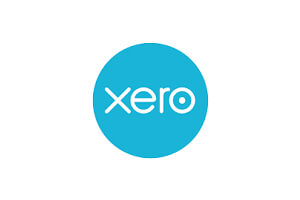New Cars Save Tax and Reduce Employers National Insurance
The Background
Our client has a number of cars in use in the business, for their sales team, some managers and some directors.
The cars range in value depending on the position of the person they are assigned to.
Some of the cars were owned and some of them were on leases, with the leases usually being for 3 years.
The vehicles owned by the company tended to be the higher end vehicles and they were now all at least 6 years old.
Our client was therefore looking to replace a number of vehicles in the fleet.

Problem
Company cars are notoriously inefficient for tax purposes. They carry high tax charges on employees as they are assessed on their Co2 emmisions and list price when new, not their current market value.
For a sales director, driving a Mercedes E Class, 3 litre petrol car, with a list price of £55,000, they would incur an annual tax charge each year of £8,400.
Over 5 years, they would have essentially paid for most of the value of the car in tax, without actually making any payment towards the car.
When you include the associated fuel benefit, a further tax charge of £3,600 would apply, taking the total annual tax charge to £12,000 for an employee.
The employer’s national insurance charge on this type of car would be circa £4,000.
Solution
We worked closely with our client to show them the different tax implications of replacing the fleet cars with like for like replacements, compared to replacing them with electric car equivalents.
Firstly, petrol cars only qualify for a 6% tax allowance each year for corporation tax purposes. Electric cars qualify for 100% allowing in the first year, resulting in a substantial deduction against any corporation tax liability.
Secondly, the employee benefits on electric cars is negligible. The employers benefitted from a significant deduction in their own tax liabilities, gaining favour with them.
Thirdly, there is no fuel benefit on electric cars and any electricity used charging the vehicle at the employee’s premises is a tax free benefit.
Finally, as the benefit reduces so much, the associated employer’s national insurance cost also reduces. When making a direct comparison, it reduces to circa £500.
As the company was replacing a number of vehciles in their fleet, our calculations allowed the company to benefit from a corporation tax saving of £55,000, with further savings generated on employer’s national insurance of £17,500.
Working with our client to provide them all of the options and the tax implications of those options enabled them to make an informed decision in the best interest of the employees and the company and I can say that all parties were extremely happy.





